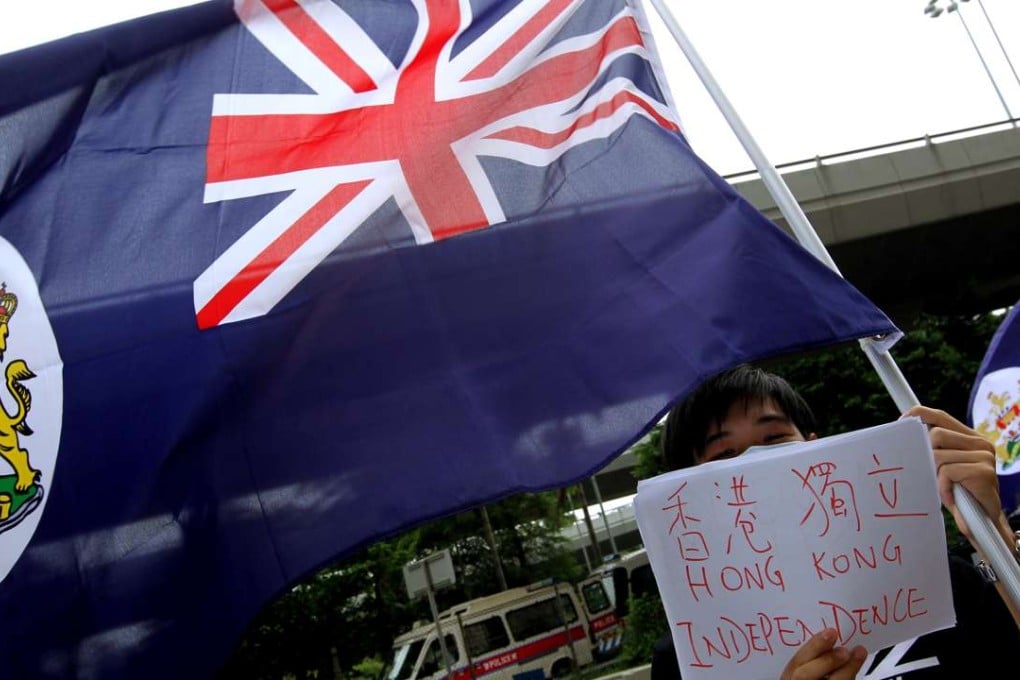Opinion | After Brexit, Hong Kong voters should take a careful look at what our own localist parties are really selling
Jason Ng says Britain’s vote to leave the European Union has sent shock waves around the world, but our city is mired in the same populist anger that fuelled the Leave campaign in the United Kingdom

Asia was the first to be hit by the Brexit global shock wave that put the world under a dark cloud of fright and disbelief.
The BBC declared victory for the Leave vote at roughly 11.45am Hong Kong time – hours before London opened – and sent regional stock markets into a tailspin. Shares of HSBC and Standard Chartered, both listed on the Hong Kong exchange, fell 6.5 per cent and 9.5 per cent respectively. People in this part of the world might not know much about the geopolitics involved (most can’t explain the difference between the United Kingdom, Great Britain and England), but they do know one thing: Brexit is bad for business.

Brexit shows up the failures of globalisation, with hate advancing across the globe and humanity in retreat
Still, the implications and lessons of the history-making referendum for Hongkongers extend far beyond the financial markets. For years, the city has been mired in the same populist anger that fuelled the Leave campaign in Britain.
A backlash against immigration, a yawning wealth gap and a growing unease towards economic and political integration with the mainland – the same stew of frustrations and fears that has spawned a resurgent nationalism in much of Europe – have given birth to the localist movement in Hong Kong.
The fallout of the Occupy protests in 2014 stoked that populist fury further. The post-movement emotional void has left the political field wide open for the likes of Wong Yeung-tat and Edward Leung Tin-kei – our own Nigel Farage and Boris Johnson – to preach their right-wing gospel, especially to the disenfranchised youth.
Localist political parties continue to build a separatist platform on public anxieties
While Hongkongers can safely assume that they will never be given the right to hold a referendum to “exit” China, localist political parties continue to build a separatist platform on public anxieties and Sinophobia. That they have yet to come up with a single idea, let alone detailed plans, to secede from China has not stopped them from waving the colonial flag and touting an independent Hong Kong state.

